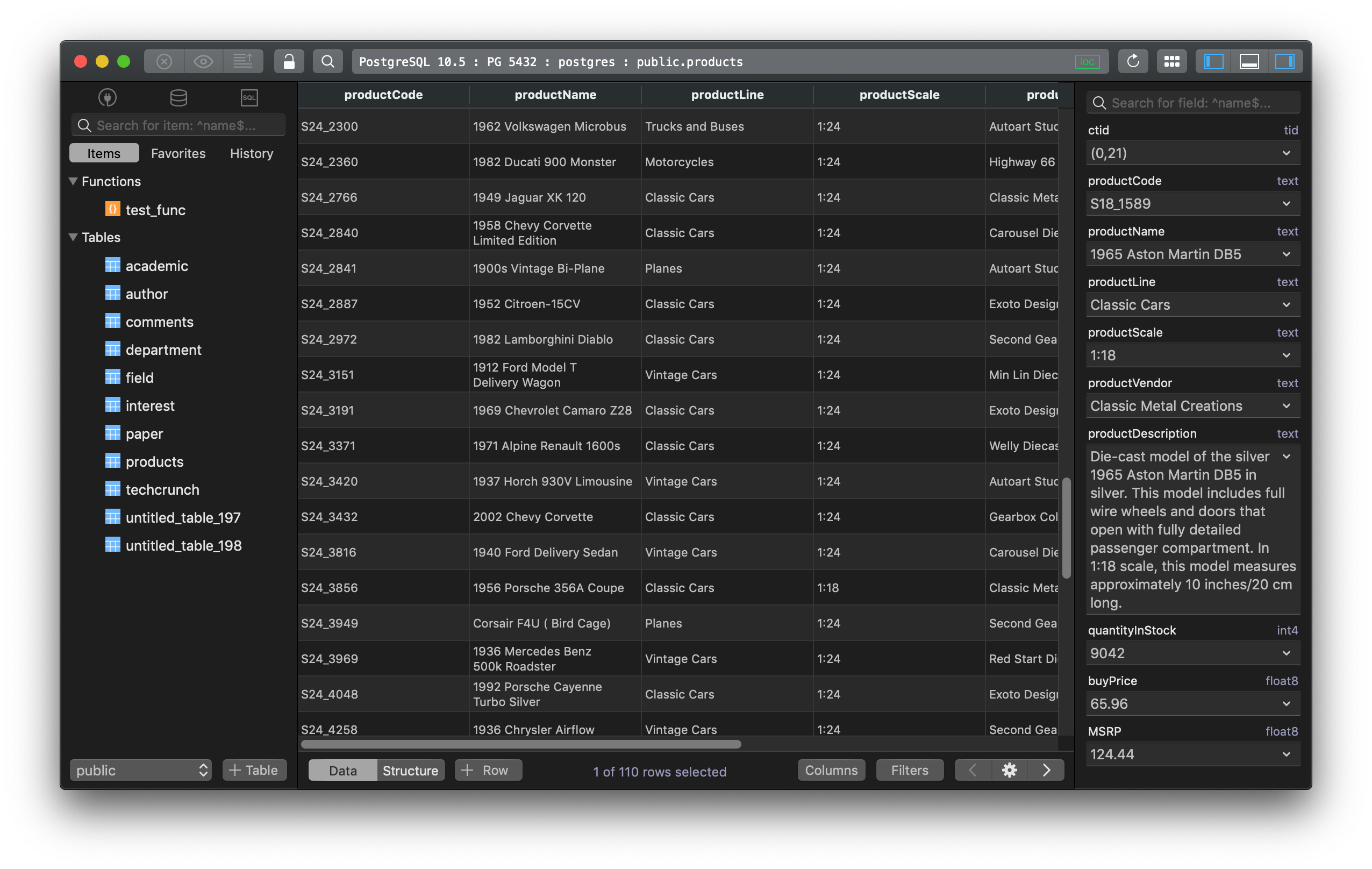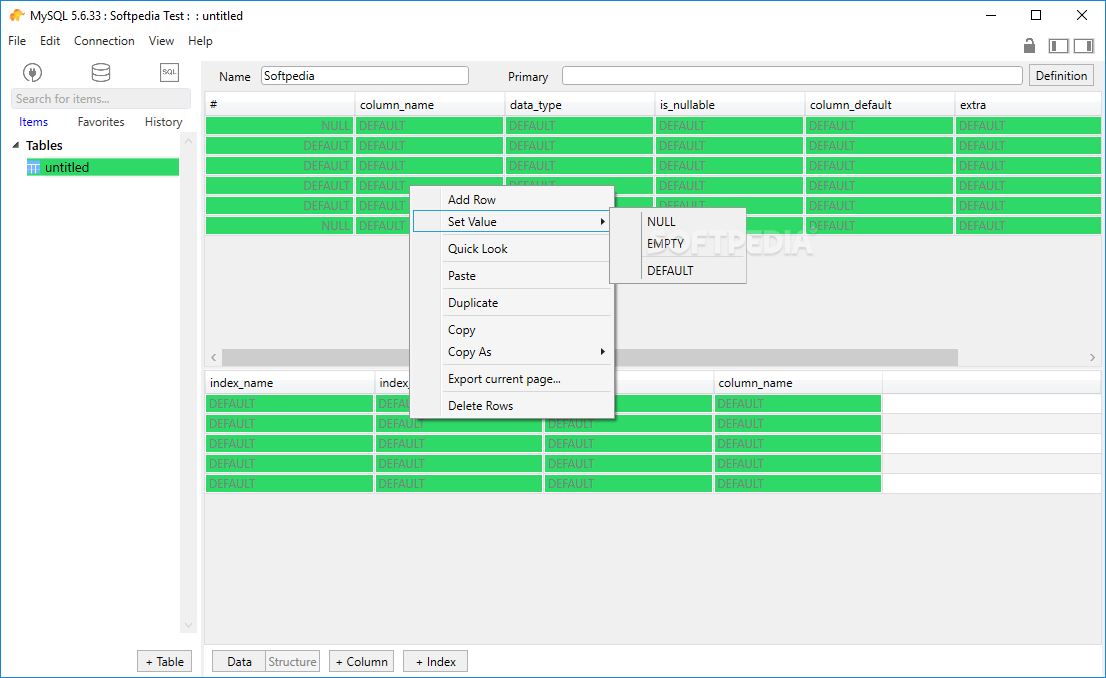
If the farmer is known as an honorable man, the butcher can use his IOU to pay the shop for his wife’s new clothes. He can, however, issue an IOU to the butcher, i.e., a promise to pay at some future time. The farmer must eat his meat today if he is to survive but his crops may not be ready for harvesting right now. Others ( Innes, 1913) have suggested that money first arose to facilitate inter-temporal transactions. As such, money allows a wider range of transactions than would otherwise be possible. However, in a money economy, all he need do is sell his wheat and use some of the proceeds to purchase meat. In the absence of money, an economy would have to resort to bartering and face the problem of the “double coincidence of wants.” For example, a farmer who wanted to consume meat would not only have to find a butcher but one who wanted wheat.

The importance of money as a medium of exchange has given rise to speculation that its origins stem from that role. Its most obvious role, the one everyone is familiar with, is as a medium of exchange, the role it performs, most notably, in commerce. Money functions (i) as a medium of exchange (ii) as a unit of account (iii) as a store of value and (iv) as a means of making payments inter-temporarily, i.e., over time. Money performs a number of roles in our economy. Therefore, any investigation of the money supply must consider the functions that money performs in the economy. In those cultures, the shells thus used would have formed part of the money supply. For example, in many cultures in the past, shells have been used as money. It is determined by the uses to which certain physical and financial assets are put.

The money supply is the stock of money in the economy.


 0 kommentar(er)
0 kommentar(er)
